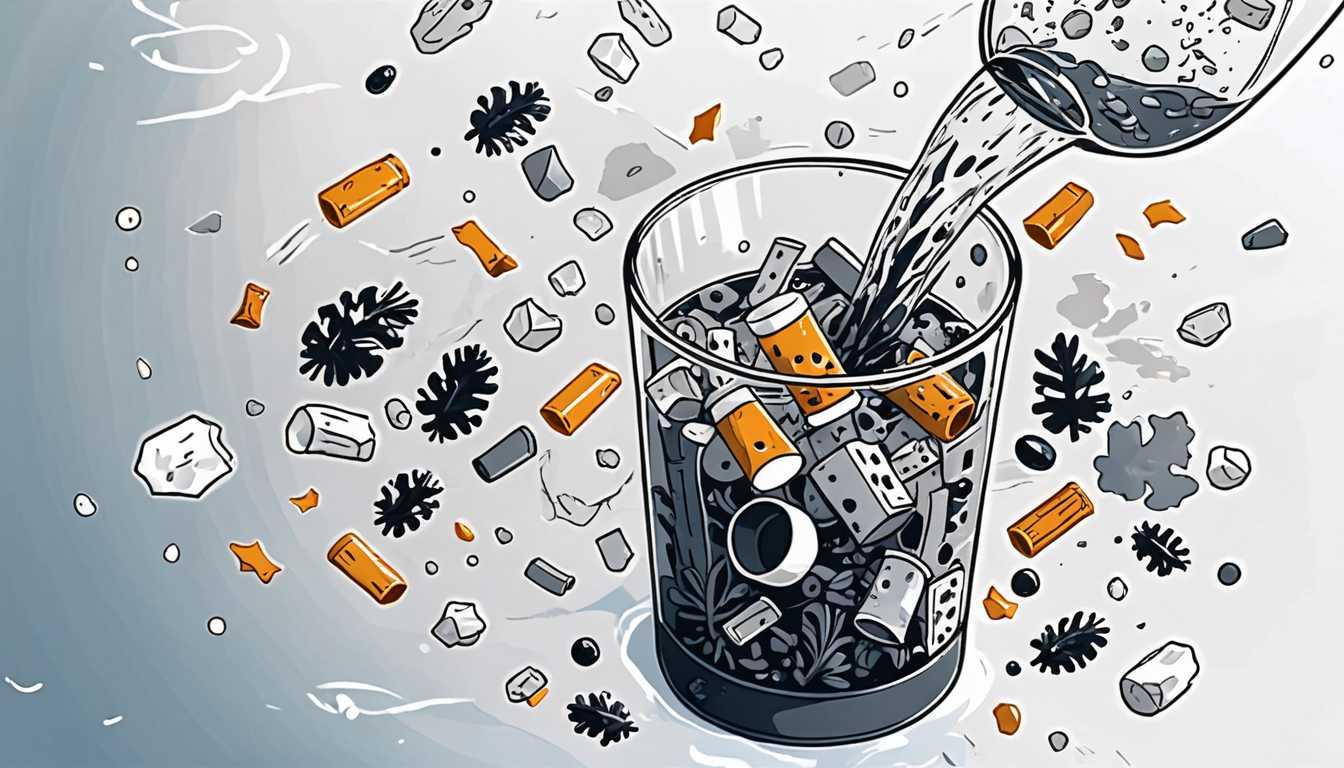Pollution: A Threat to Our Sense of Smell?
February 2023
BBC
Introduction
Ever wondered if air pollution affects more than just your lungs? According to a fascinating BBC article, it might be messing with your sense of smell too! Dive into the world where tiny pollution particles, known as PM2.5, are the invisible culprits behind anosmia (that's science speak for losing your sniffing powers). Discover how researchers are uncovering the smelly side effects of our polluted air and why even low levels of pollution could be problematic. It's a nose-worthy read that'll change how you view the air around you!
READ FULL ARTICLEWhy It Matters
Discover how this topic shapes your world and future
Sniffing Out the Secrets of Our Environment
Imagine waking up one day and realizing the world around you has lost its scent. The aroma of morning coffee, the earthy smell after rain, or your favorite perfume—all gone. This isn't just a hypothetical scenario for some; it's a reality, and air pollution could be a sneaky culprit behind it. The loss of smell, known as anosmia, isn't just about missing out on life's fragrances; it's a warning sign of deeper health issues and a decline in quality of life. This topic isn't just an environmental or medical concern; it's a wake-up call about the air we breathe and its unnoticed impacts on our lives. It's about connecting the dots between our environment and our health, making it a matter of global importance that hits close to home. As you dive into this exploration, you'll uncover the invisible threats lurking in our air and understand why every breath we take matters.
Speak like a Scholar
Anosmia
The loss or impairment of the sense of smell.
PM2.5
Fine particulate matter smaller than 2.5 micrometers in diameter, found in air pollution, which can enter the respiratory system and cause health issues.
Olfactory dysfunction
A decreased or altered ability to smell, which can range from partial to complete loss of the sense.
Olfactory bulb
A brain structure involved in the sense of smell, where odor information from the nose is processed.
Inflammation
The body's response to injury or infection, often causing redness, warmth, swelling, and pain, which can also occur in the brain due to harmful particles.
Neuro-degeneration
The progressive loss of structure or function of neurons, including death of neurons, which can lead to diseases like Alzheimer's.
Independent Research Ideas
The impact of urban green spaces on anosmia prevalence
Investigate how areas with more trees and vegetation compare to heavily urbanized areas in terms of residents' sense of smell. This study could uncover the protective effects of green spaces against air pollution.
Comparative analysis of traditional vs. modern cooking methods on indoor air quality and olfactory health
Explore how different cooking methods affect indoor air pollution levels and, subsequently, the olfactory health of inhabitants. This could highlight unexpected sources of indoor air pollution.
The role of air purifiers in mitigating olfactory dysfunction
Examine whether regular use of air purifiers in homes and workplaces can improve or preserve the sense of smell in polluted areas. This research could offer practical solutions for individuals in polluted cities.
Correlation between olfactory dysfunction and mental health
Delve into how the loss of smell affects mental health, considering the emotional and psychological significance of olfactory experiences. This study could provide insights into the broader implications of anosmia.
The effect of pollution on taste and food choices
Since taste is closely linked to smell, investigate how exposure to air pollution might alter taste perceptions and, consequently, food preferences and nutritional choices. This could reveal another dimension of pollution's impact on health.
Related Articles

Liver Mysteries: Alcohol's Impact Unveiled
March 2023
King's College London

Game Theory: Winning the Pandemic Battle
October 2021
The BMJ

Evolution's Ache: The Knee Story
March 2023
Harvard University

Microplastics: Invisible Health Invaders
June 2023
MIT Technology Review

Toxins Among Us: Unveiling the Unseen
March 2023
MIT Technology Review